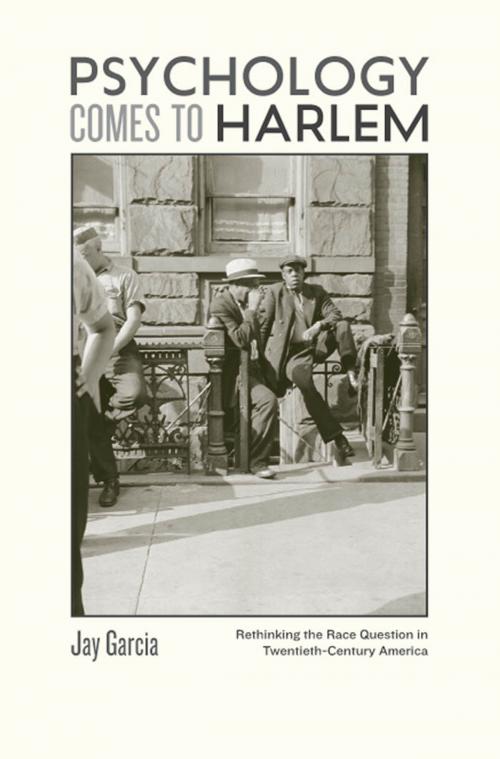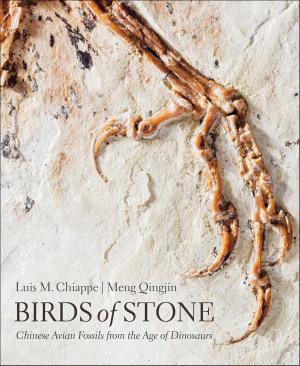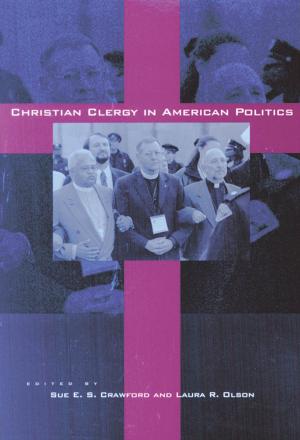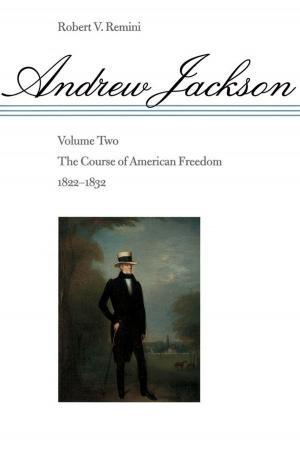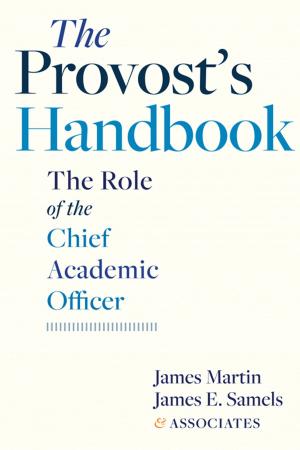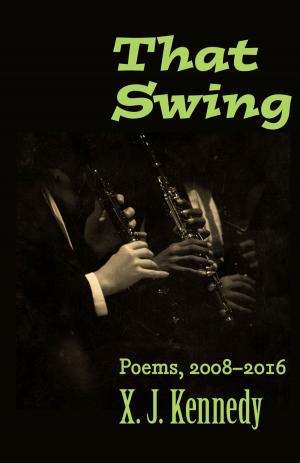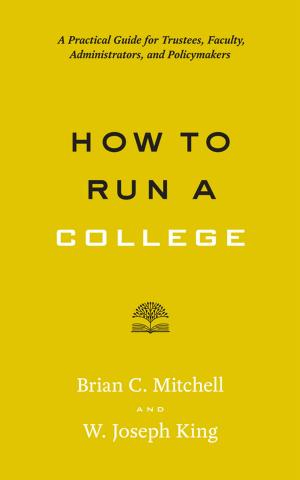Psychology Comes to Harlem
Rethinking the Race Question in Twentieth-Century America
Nonfiction, History, Americas, United States, Health & Well Being, Psychology| Author: | Jay Garcia | ISBN: | 9781421405414 |
| Publisher: | Johns Hopkins University Press | Publication: | May 14, 2012 |
| Imprint: | Language: | English |
| Author: | Jay Garcia |
| ISBN: | 9781421405414 |
| Publisher: | Johns Hopkins University Press |
| Publication: | May 14, 2012 |
| Imprint: | |
| Language: | English |
In the years preceding the modern civil rights era, cultural critics profoundly affected American letters through psychologically informed explorations of racial ideology and segregationist practice. Jay Garcia’s probing look at how and why these critiques arose and the changes they wrought demonstrates the central role Richard Wright and his contemporaries played in devising modern antiracist cultural analysis.
Departing from the largely accepted existence of a "Negro Problem," Wright and such literary luminaries as Ralph Ellison, Lillian Smith, and James Baldwin described and challenged a racist social order whose psychological undercurrents implicated all Americans and had yet to be adequately studied. Motivated by the elastic possibilities of clinical and academic inquiry, writers and critics undertook a rethinking of "race" and assessed the value of psychotherapy and psychological theory as antiracist strategies. Garcia examines how this new criticism brought together black and white writers and became a common idiom through fiction and nonfiction that attracted wide readerships.
An illuminating picture of mid-twentieth-century American literary culture and learned life, Psychology Comes to Harlem reveals the critical and intellectual innovation of literary artists who bridged psychology and antiracism to challenge segregation.
In the years preceding the modern civil rights era, cultural critics profoundly affected American letters through psychologically informed explorations of racial ideology and segregationist practice. Jay Garcia’s probing look at how and why these critiques arose and the changes they wrought demonstrates the central role Richard Wright and his contemporaries played in devising modern antiracist cultural analysis.
Departing from the largely accepted existence of a "Negro Problem," Wright and such literary luminaries as Ralph Ellison, Lillian Smith, and James Baldwin described and challenged a racist social order whose psychological undercurrents implicated all Americans and had yet to be adequately studied. Motivated by the elastic possibilities of clinical and academic inquiry, writers and critics undertook a rethinking of "race" and assessed the value of psychotherapy and psychological theory as antiracist strategies. Garcia examines how this new criticism brought together black and white writers and became a common idiom through fiction and nonfiction that attracted wide readerships.
An illuminating picture of mid-twentieth-century American literary culture and learned life, Psychology Comes to Harlem reveals the critical and intellectual innovation of literary artists who bridged psychology and antiracism to challenge segregation.
